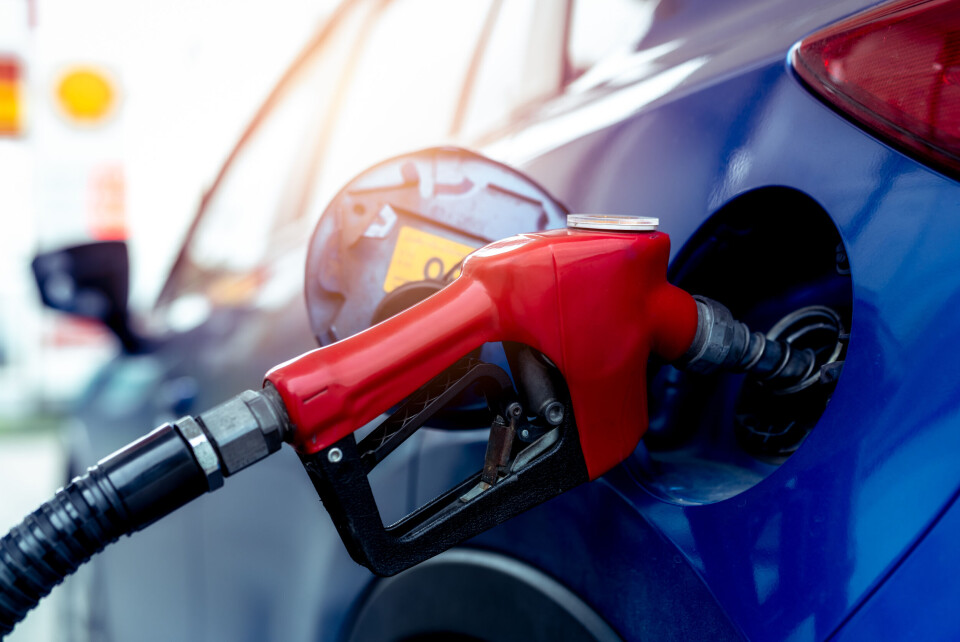-
Britons are the largest foreign community of second-home owners in Nouvelle Aquitaine
See which other departments in the region are popular with British nationals
-
Travellers risk extra costs under new Eurotunnel ticket rule
Some fare options are less flexible and less forgiving of lateness
-
May will be difficult month for train travel in France, warns minister
Two major train unions are threatening to strike and are ‘not willing to negotiate’, he says
Why French fuel prices are falling today (and why it will not last)
The drop could bring prices back down below €2 per litre in some stations

French fuel prices are set to fall significantly today (Monday, March 14), following a continued rise linked to the war in Ukraine and global supply chain issues.
Diesel prices could fall by around 30 centimes per litre, while SP98 and SP95 have already come down by 8-10 centimes per litre on average.
The drop could bring prices back down below €2 per litre in some stations, but it is not expected to last.
This comes after Prime Minister Jean Castex announced a 15 centime per litre discount on almost all fuels, to begin on April 1.
Read more: French fuel prices to be reduced by 15 euro cents per litre in April
Why are prices falling?
Fuel prices began falling last week, having dropped to $111 per Brent crude barrel on Friday (March 11), down from an eight-year record $128 a few days earlier.
Prices are still far from the $98 seen before the Russian invasion of Ukraine, but the decreasing rates are driving a feeling of optimism among some suppliers.
Michel-Edouard Leclerc of supermarket chain E. Leclerc, said on Friday that by today, consumer fuel prices could come down by around 35 centimes per litre.
Read more:‘Fuel prices to drop in France from Monday, diesel down 35 euro cents’
This is linked to the decline in the price of crude oil but also the euro getting stronger against the dollar.
Fuel prices are also being prevented from rising further by the fact that EU member states are still buying Russian oil, and Russia has not moved to block supply. This is partly because the member states have not reached an overall agreement on whether a ban should be introduced, as some of the countries – such as Poland and Finland – import more Russian oil than others.
Across the EU, 40% of gas and 26% of oil comes from Russia, although in France, it is only 17% of imported gas and 13% of imported oil, according to figures from the ecological transition ministry.
“One third of our fuel on the Atlantic coast comes from Russian traders,” Mr Leclerc said on March 7. “The problem [would be] moving from one supply to another, to get stock from the US, which takes a month to arrive.”
Why will this decline not last?
While the conflict in Ukraine continues with no end currently in sight, oil markets will remain volatile.
“We are afraid that these increases will continue week on week,” Dominique Schelcher, CEO of Système U, told France Inter on March 9.
“We cannot sell at a loss, so we are obliged, obviously, to pass price rises on [to the consumer] and maintain a very small margin above.”
In the coming weeks, fuel prices will also be affected by EU sanctions against Russia, a move towards alternative suppliers and also Russia’s changing attitude towards its European clients.
Related articles
EDF bosses and staff oppose ‘crippling’ electricity bill cap in France
Use of car-sharing apps soars in France as fuel prices hit €2 a litre
























